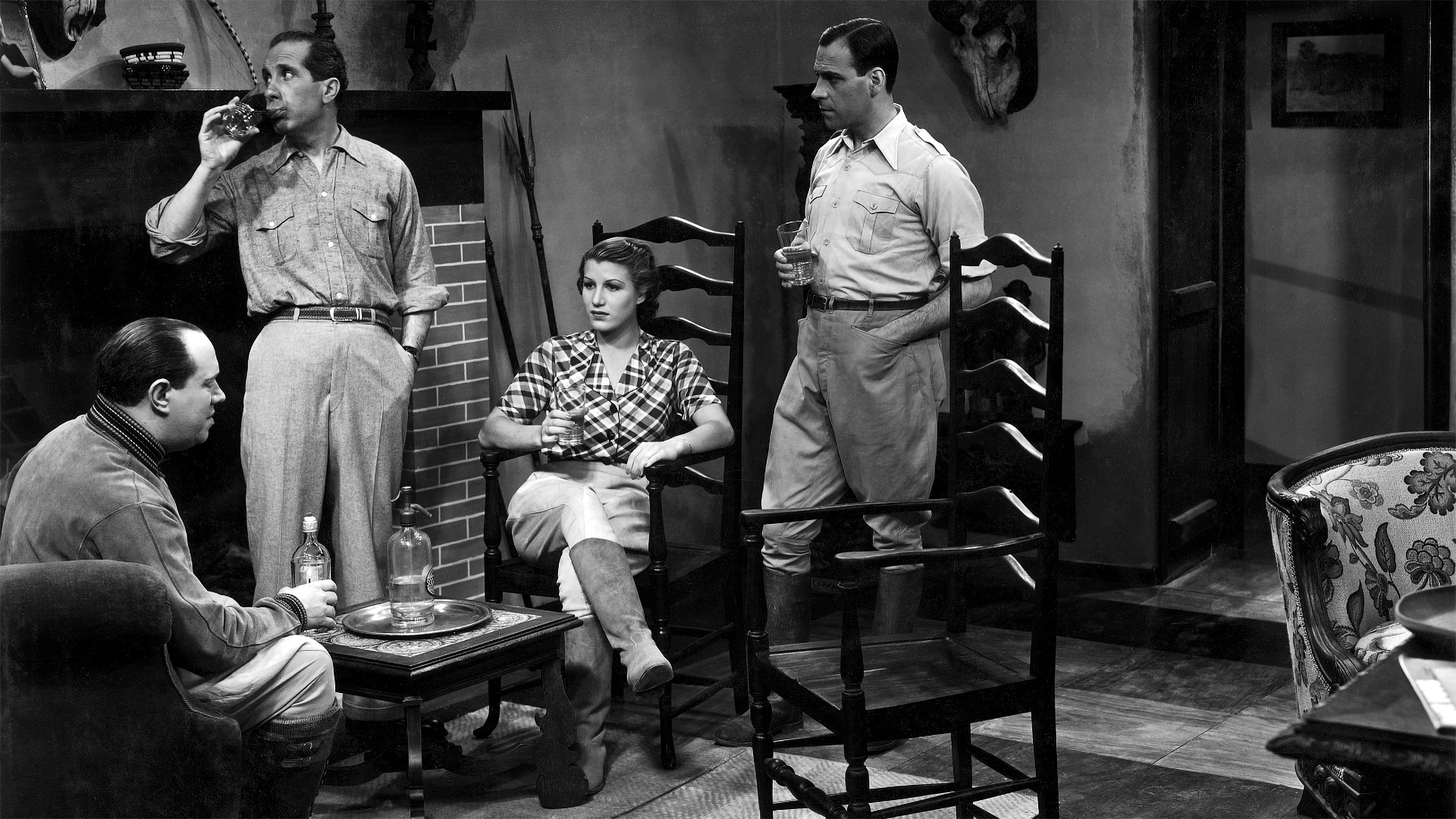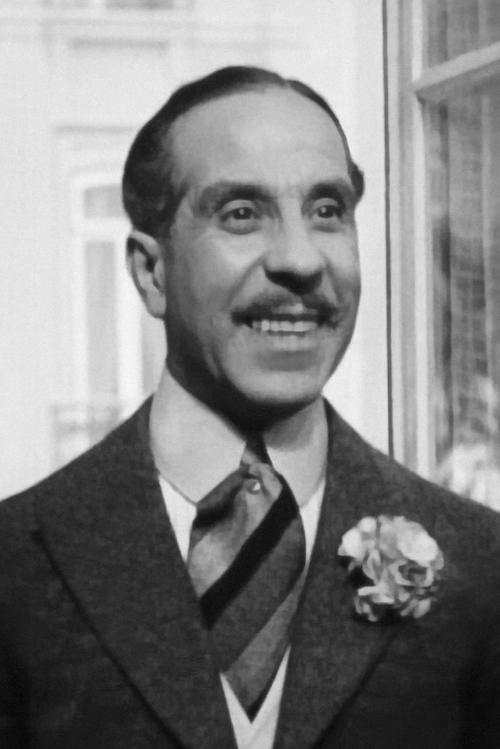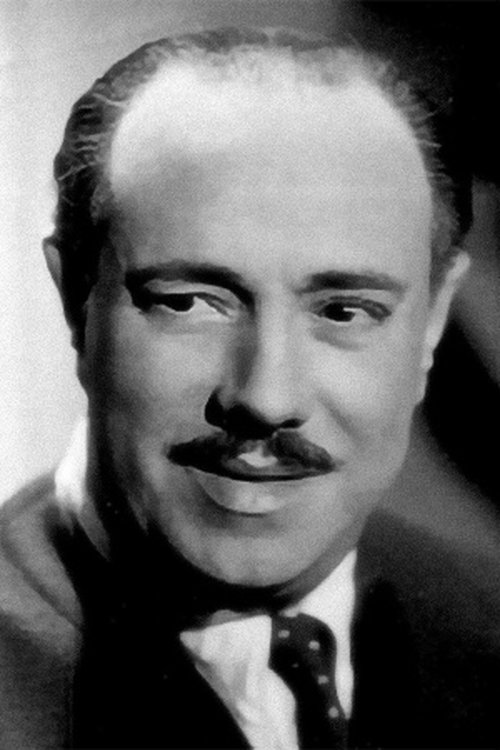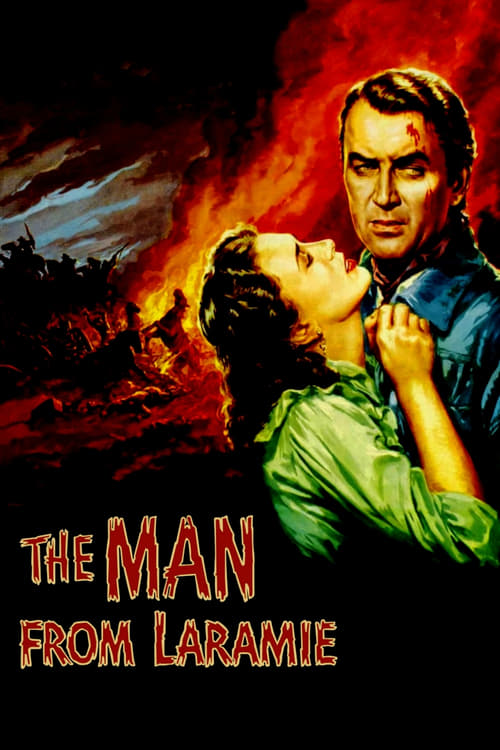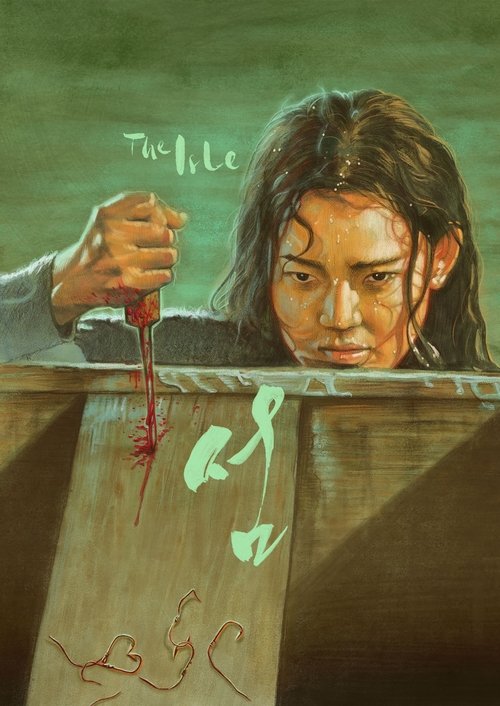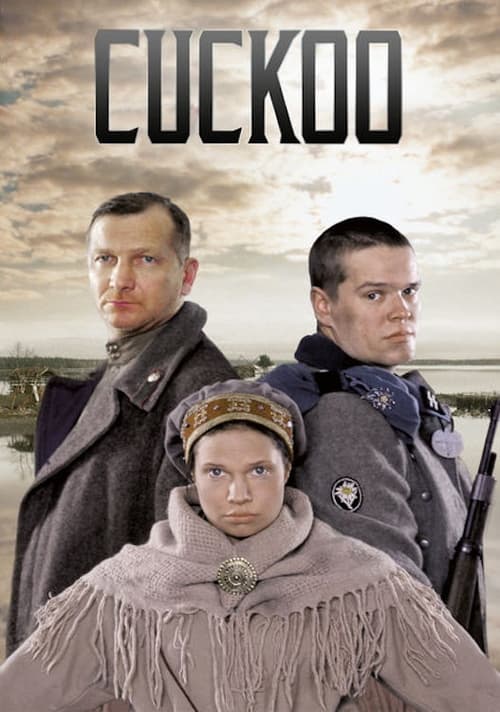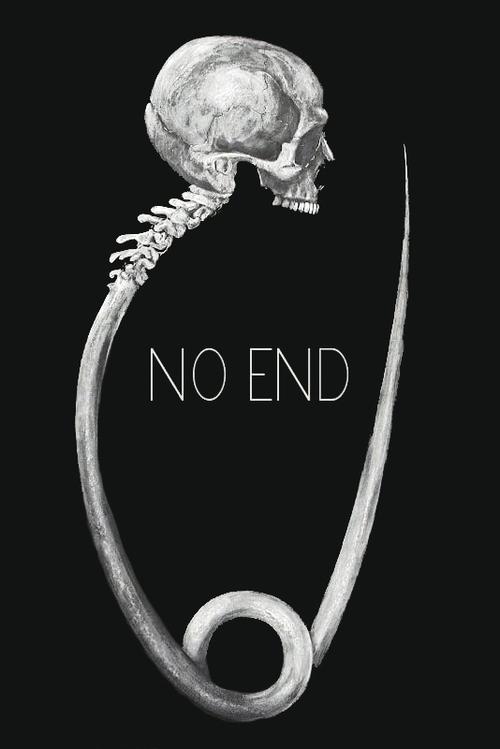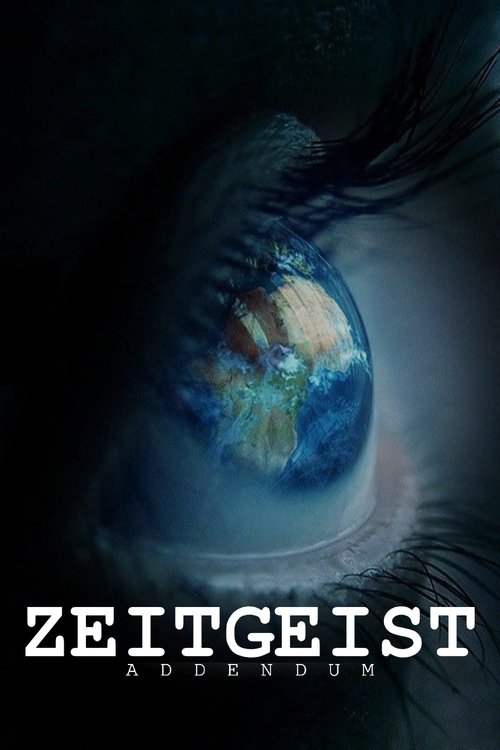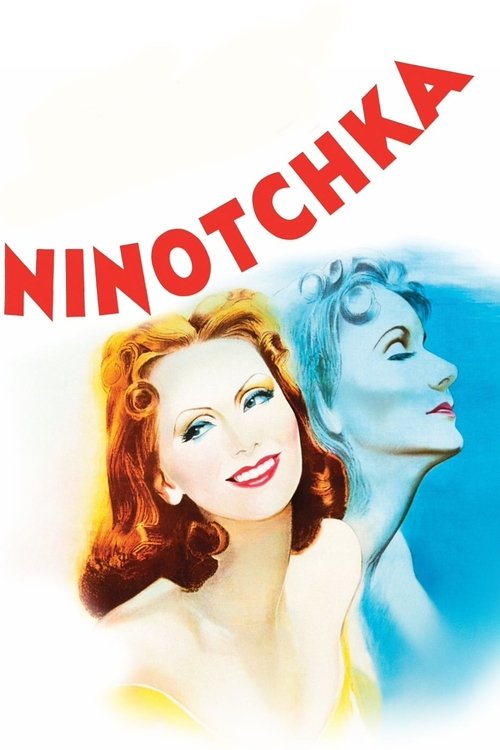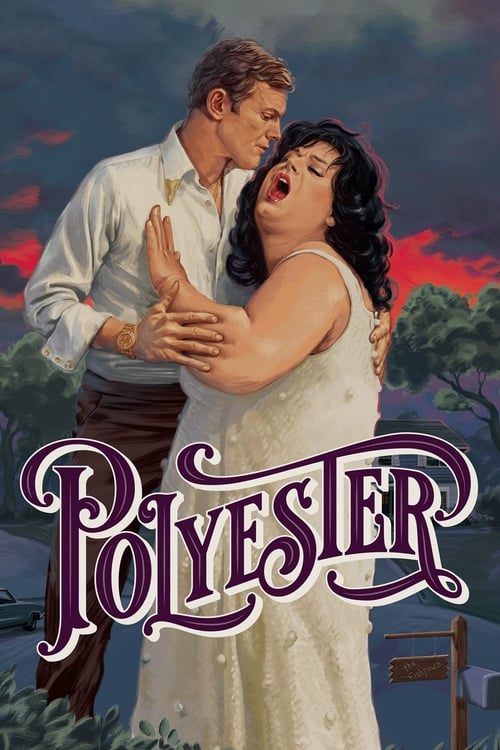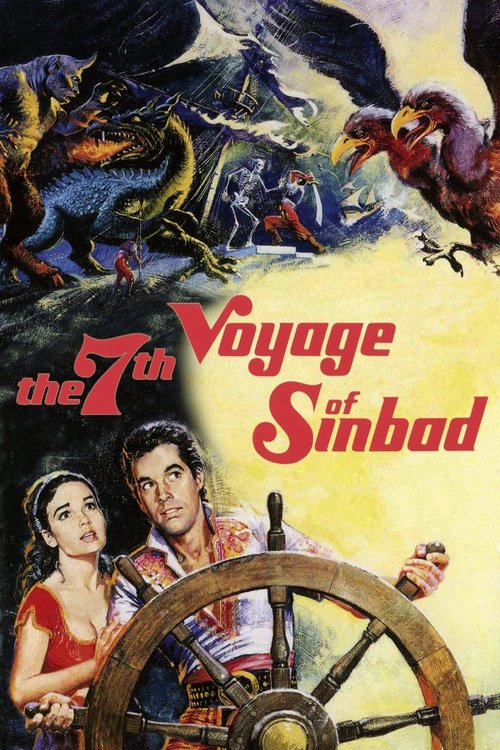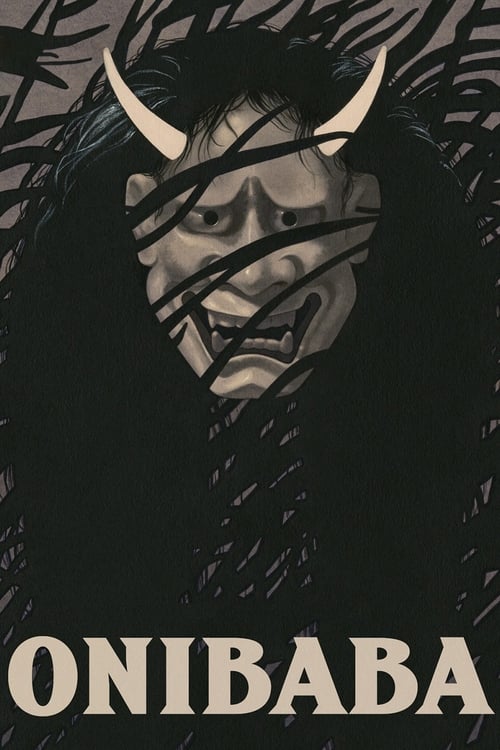
The Spell of the Empire (1940)
50% User Rating
1h 59min
Luís immigrated to the USA and intends to become an American. But after his father invites him on a journey to the Portuguese territories in Africa, he will find true love, and also learn to value his country and its colonial grandeur.
António Lopes RibeiroDirector
Reviews (1)
All Reviews
Filipe Manuel Neto
Rating 50%
January 10, 2023
**A historical document.**
António Lopes Ribeiro was, due to his work, one of the most notable names in Portuguese cinema during its golden age. In addition to being the brother of an excellent actor, who became known by the nickname “Ribeirinho”, he also stood out as a director. And if he achieved immortality through comedies, this film is one of his forgotten works.
The script begins by introducing us to Luís, a Portuguese man who immigrated to the USA, settling in Boston. Rich, he does not value his Portuguese roots and even intends to naturalize as an American until his father, an old-school Portuguese patriot, calls him back to take him on a safari in Africa. On his journey to the African continent, Luís will visit Portuguese Guinea, the islands of São Tomé and finally Angola, where he will find true love and also learn to value his country, its history, its colonial grandeur and the value of the "civilizing mission" that it is undertaking in Africa.
I think this summary is enough for us to understand why this film was practically consigned to oblivion, not to say that it was deliberately hidden in the recesses of the National Cinematheque's shelves. With the revolt of April 25, 1974, the Nationalist regime came to an end and the presence in Africa ceased to be a source of pride to become a major thorn in the side of a country “on the way to Socialism”, as wished by the communists and the living forces of the Revolution. If Portugal really wanted to become a Marxist-Leninist republic, the ill-fated colonies had to disappear, so the best thing was to get out of there quickly, even if that would harm or endanger the lives and property of Portuguese citizens who lived there. After all, who sent them to Africa? From then on, this film had to cease to exist, and that was almost achieved: only the image strip remains, without sound.
Nearly fifty years have passed. The memories of the decolonization process, hurried and criminal, are already something that only those who lived through it know, and the new generations got used to calling “Freedom Day” to the day of the armed revolt of those captains, inflamed by Soviet ideals. There are European countries that are ashamed of having been colonial empires, and this fashion will, sooner or later, reach Portugal. But while we're not ashamed of ourselves (no more than we usually are), I hope we appreciate this film for what it is.
And what is it? It is a political propagandistic manifesto in favor of Portugal's presence in an Africa that is, still, entirely European. In 1940, no one was still talking about decolonizing and patriotic outbursts were in fashion, driven by fascistic state policies imported from Italy and by the celebrations of the “Portuguese World”, which took place that year. It is a film that is not about entertainment, but about mass political indoctrination, made at a time when Portugal was, in fact, a country that did not want to be small. Today, it is a historic document that deserves to be valued, framed in the period in which it was made, analyzed in the light of the mentality of a country that was, and thought, very differently from the Portugal we know.
Media
Currently no videos
